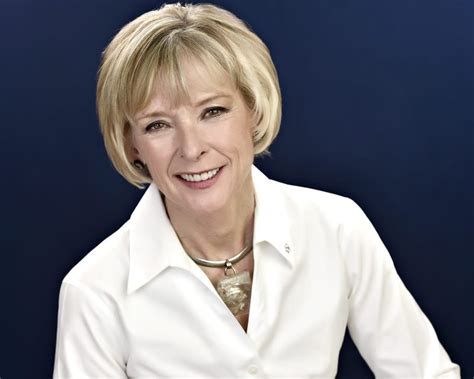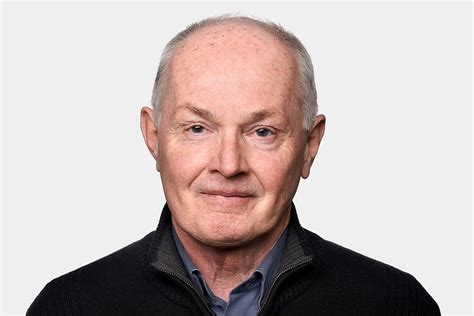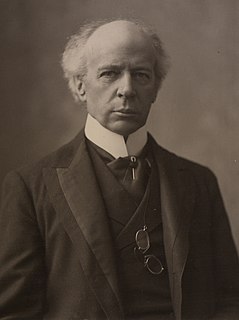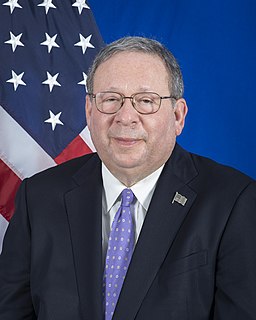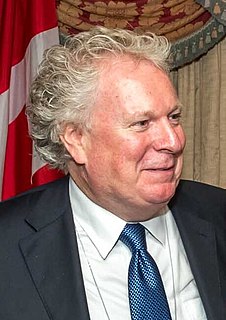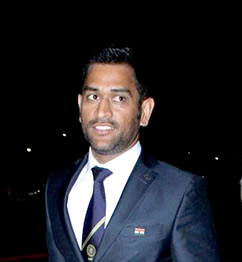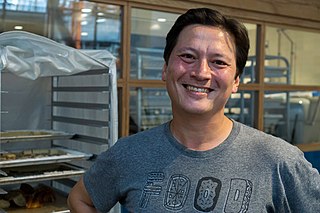A Quote by Charlotte Gray
In the welter of statistics about selected ethnic origins (singular or multiple) in the last census, one finding was often overlooked. Of the 25,309,330 people living in Canada in 1986, only 69,065 declared themselves as Canadians.
Related Quotes
The Canadian Identity, it seems, is truly elusive only at home. Beyond the borders Canadians know exactly who they are, within they see themselves as part of a family, a street, a neighbourhood, a community, a province , a region, and on special occasions like Canada Day and Grey Cup weekend and, of course, during the Winter Olympics, a country called Canada. Beyond the borders, they pine; within the borders, they more often whine
You can't let the debate of the day mask the fact that Canadians care deeply in their country. Including Quebecers - from all origins and language. Quebecers care deeply about their country. The idea of Canada and its unity is not something that is set in stone forever, or that is solved. We need to always work towards building this country.
The word priority came into the English language in the 1400s. It was singular. It meant the very first or prior thing. It stayed singular for the next five hundred years. Only in the 1900s did we pluralize the term and start talking about priorities. Illogically, we reasoned that by changing the word we could bend reality. Somehow we would now be able to have multiple “first” things.
Canadians should realise when they are well off under the Monarchy. For the vast majority of Canadians, being a Monarchy is probably the only form of government acceptable to them. I have always been for parliamentary democracy and I think the institution of Monarchy with the Queen heading it all has served Canada well.
I say a few good things about Canada in the book, you know. Americans are weird, though. We refuse to look at other countries. Start with Canadians - I want to think you aren't that different, so why can't we do our incarceration policies more like Canada? If we still had a 1970 level of incarceration which was the same as Canada's then and now, I never would have written this.
